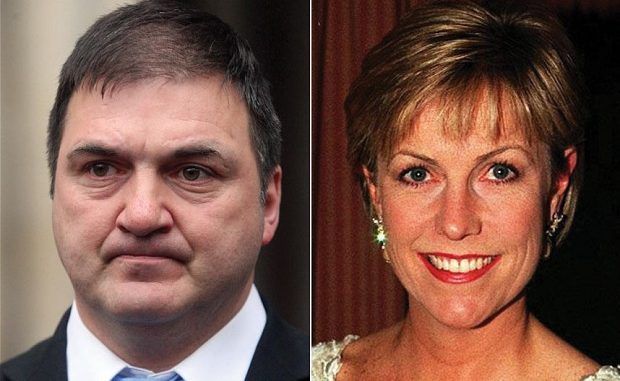
Barry George, the man who spent 8 years in prison after being wrongfully convicted of murdering TV presenter Jill Dando, has said that the decision not to award him compensation was “a mockery of justice”.
Mr George, who says he had ‘lost everything’ while serving eight years in prison, is one of four men protesting in London against a tightening of the criteria for compensation in so-called “miscarriage of justice” cases.
The BBC report: The MoJ said only people who proved their innocence could get compensation.

BYPASS THE CENSORS
Sign up to get unfiltered news delivered straight to your inbox.
You can unsubscribe any time. By subscribing you agree to our Terms of Use
Mr George was convicted of murdering Jill Dando in 2001 but was acquitted of the killing at a retrial in 2008 after doubt was cast on the reliability of gunshot residue evidence.
His family has tried and failed twice to get compensation for him and are now campaigning for a change in the law.
‘Hugely damaged’
Mr George, along with three other men who have had their convictions quashed – Victor Nealon, Martin Foran and James Boyle – will protest later outside a global law summit taking place in central London.
The government introduced new legislation in 2014 which made changes to the compensation scheme, creating a statutory definition of what constitutes a “miscarriage of justice”.
Now compensation is only paid when the court quashes a conviction because a new fact has emerged to show beyond reasonable doubt that the applicant did not commit the offence.
In an interview with Radio 5 live Breakfast, Mr George’s sister Michelle Bates said: “In the British justice system you are innocent until proven guilty.
“To say that Barry should prove his innocence after his conviction was quashed is ridiculous. There is no court in the land where you can prove your innocence.

Sounds like it pays to be a gun for hire for pedos. So much for justice.